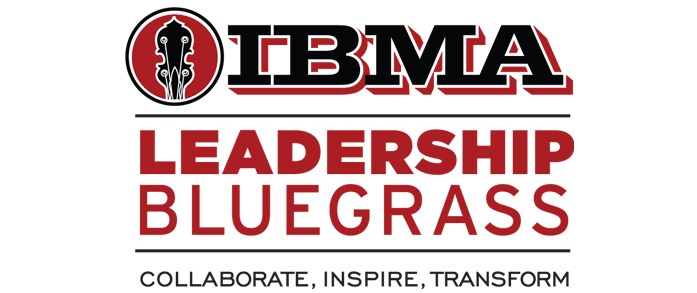The International Bluegrass Music Association has announced the 2025 class invited to attend their annual Leadership Bluegrass course, held March 10-12 in Nashville. This year marks the 25th anniversary of this groundbreaking course, designed to identify and facilitate future leaders in the bluegrass community
Participants are chosen in a competitive process to be a part of this educational and networking experience, where they meet and learn from existing industry leaders, and from one another.
IBMA Executive Director Ken White speaks highly of this group.
“This year’s Leadership Bluegrass class is as strong as any I’ve seen. The large number of diverse and high-quality applicants is quite a statement about the impressive qualifications of those selected, and the reputation of the program.
Our association’s mission is to connect, educate, and empower bluegrass professionals, and IBMA’s Leadership Bluegrass continues to be one of the most important professional development programs in the bluegrass music industry.
Participation in this class, and future alumni activities, is an impactful commitment to one’s career, the IBMA, and the bluegrass community. Congratulations to the Class of 2025!”
Chosen for 2025 are:
- Katherine Bestwick – Appalachian Fiddle & Bluegrass Association (Zion Grove, PA)
- Jennifer Brooke – Floyd Music School, LLC (Floyd, VA)
- Pamela Brown – Oregon Bluegrass Association / Shaniko Music Sanctuary (Shaniko, OR)
- Trudy Chandler – Nick Chandler and Delivered (Weaverville, NC)
- Sofia Chiarandini – Jacob’s Ladder / Tufts University (Cambridge, MA)
- Joseph Cornett – Billy Blue Music Publishing (White House, TN)
- Elizabeth Dewey – International Bluegrass Music Association (Nashville, TN)
- Darren Eedens – Taff Rapids / Self (Cardiff, Wales)
- Donna Harrison – Chattanooga Tourism Co. (Chattanooga, TN)
- Jenny Hirt – Durango Bluegrass Meltdown / KSUT Public Radio (Durango, CO)
- Sara Johnson – Vivid Events / Pickin’ In The Peaches Music Festival (Augusta, GA)
- Ella Jordan – Ella Jordan Music (Nashville, TN)
- Kirk Kenney – China Bluegrass Network (Shanghai, China)
- Crystal Lariza – Never Come Down (Hood River, OR)
- Jon Lundbom – Central Texas Bluegrass Association (Austin, TX)
- Erin Moorman – Syntax Creative (Franklin, TN)
- Robbie Morris – Grasstime (Nashville, TN)
- Caroline Owens – Billy Blue Records / Billy Blue Publishing (Denton, NC)
- Aynsley Porchak – East Tennessee State University (Gate City, VA)
- Nancy Posey – Music In Community Network (Brentwood, TN)
- Joshua Rilko – Touring Musician (Nashville, TN)
- Erin Rouse – Bluegrass Music Hall of Fame & Museum (Owensboro, KY)
- Mona Salyer – IBMA Foundation Board (Bristol, VA)
- Danny Stewart Jr. – U.S. Navy Band / Turtle Hill Banjo Co. / Annapolis Bluegrass (Edgewater, MD)
- Zachary Taylor – Planning Stages Inc. (Hixson, TN)
- Ross Willits – Minnesota Bluegrass & Old-Time Music Association (Roseville, MN)
There is no fee to take part in Leadership Bluegrass, but class members pay their own room and board if they live outside Nashville.
More information about the program, and its more than 500 graduates, can be found online.
